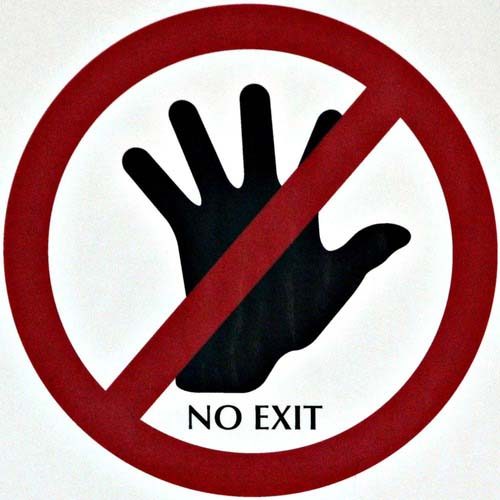
With reporting from Riham Sheble
As part of its campaign to urge Qatar to abolish the kafala system, New York-based group Human Rights Watch has this week brought up the case of three former Al Jazeera Children’s Channel (JCC) executives. They have been under travel bans here since they were fired in September 2011.
Charges involving financial mismanagement were finally leveled against JCC manager Mahmoud Bouneb and two of his colleagues in a Doha court in May, some 20 months after they and nearly 30 other senior members of the channel were suddenly and inexplicably sacked.
Kafala issues
In a statement, HRW said Bouneb, his wife, JCC’s former director of programming Malika Alouane, and former cost controlling manager Haitham Qudaih were not officially notified of the bans or given any information about why they were imposed or how they could appeal. At least one of them heard about the ban through a Metrash SMS.
JCC, which reaches some 50 million households, is funded by Qatar Foundation, which has not publicly commented on the case.
Bouneb, 58, is Canadian-Tunisian; Alouane, 46, is Moroccan; and Qudaih, 36, is Palestinian.
The fact that the trio waited so long to find out why they were being held in Qatar against their will is indicative of a larger problem with the country’s sponsorship system, HRW asserts.
Sarah Leah Whitson, HRW’s Middle East director, said:
“The Qatari authorities have set up a system that can effectively allow employers to legally hold their current and former workers to a form of ransom.
People should be basically free to leave any country. The Qatari authorities already have the power to stop people fleeing to avoid justice, so there is no reason they should give employers the power to keep their employees in Qatar.”
The organization added that the three have already been cleared of criminal wrongdoing in separate investigations conducted by the Qatar National Audit Bureau and the auditors Ernst and Young in 2012.
Financial strain
Though the defendants received a stipend for several months while stuck in Qatar, they previously told Doha News that they stopped receiving any monetary support six months ago, around the time that the prosecution began drawing up charges against them.
Under the kafala system, expats cannot find other work in Qatar without a no-objection certificate from their former employer, which JCC has not granted. Thus, it is illegal for the trio to work elsewhere here, and the financial strain has been building, particularly for Qudaih, a father of three.
In a new statement, Bouneb said:
I feel today a great pain and discomfort to see that our case is taking such an international dimension with HRW addressing the issue to raise the awareness about this injustice.
I hope those who are behind this machination against me and my colleagues will open their eyes to see that they are not only harming innocent and honorable people, they are also harming their country’s name and reputation.
The next court hearing will be held on June 18.
Thoughts?
Credit: Photo by Leo Reynolds







